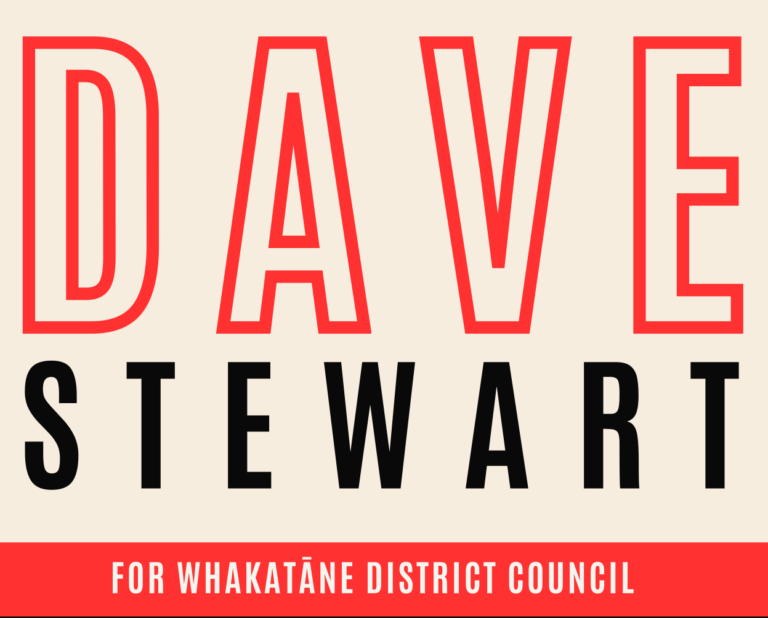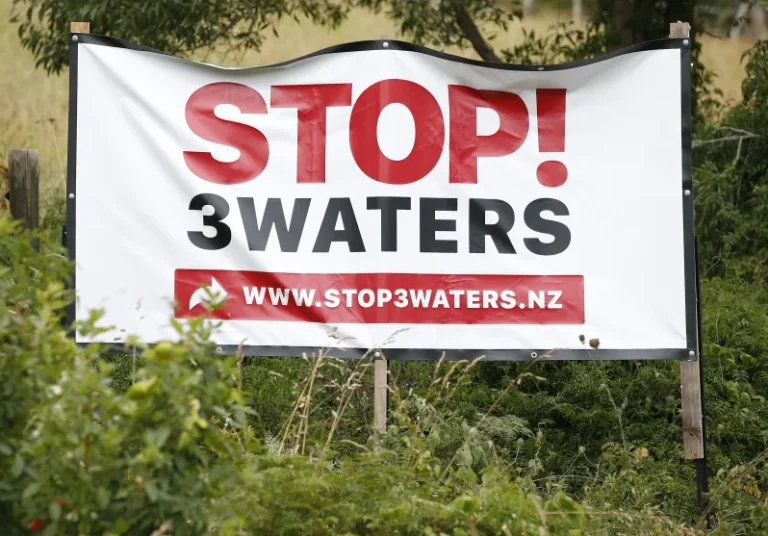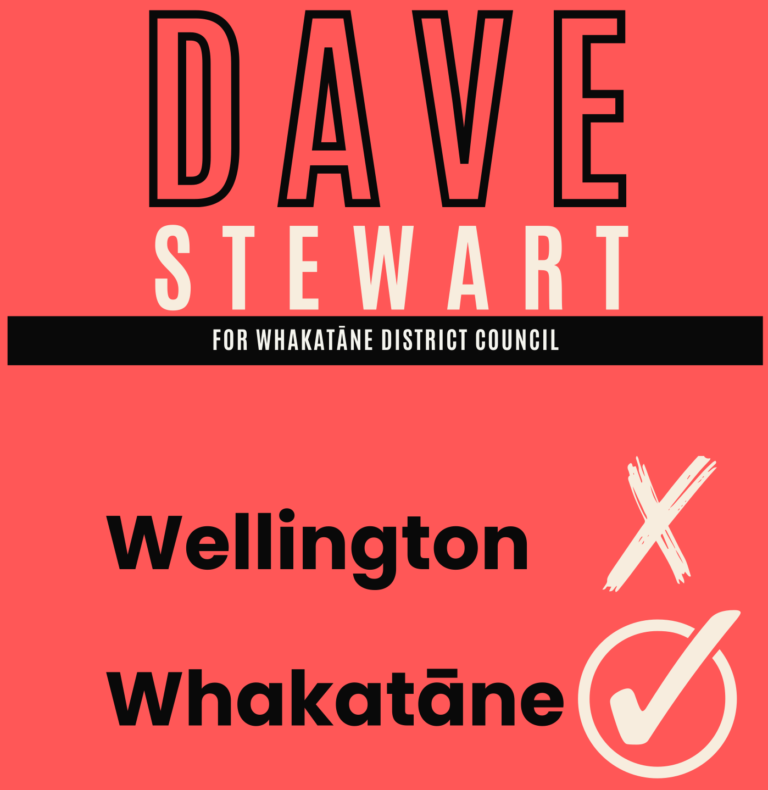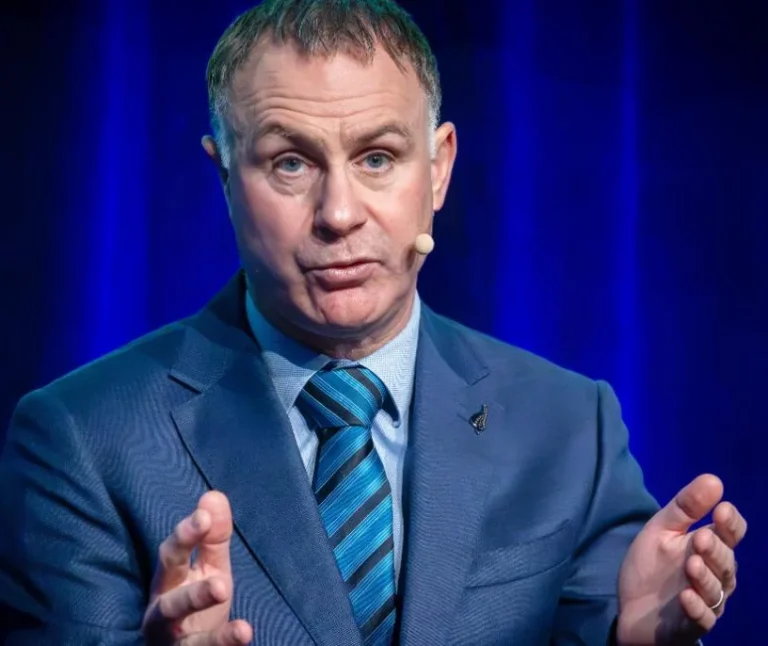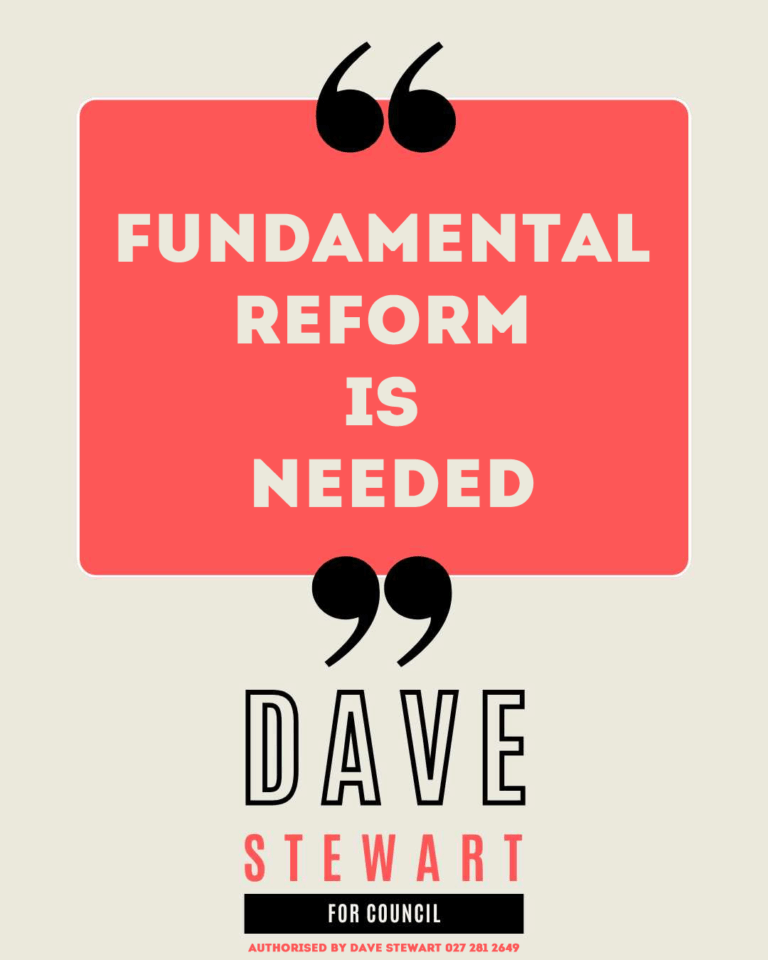Opinion: Ratepayers need a more efficient property rate and valuation system
Ratepayers and local district councils suffer from an inefficient rates and infrastructure financing system. A paradigm shift in our thinking is required to prevent fixed income homeowners being forced out of their homes and stretching household budgets beyond limits for most of the rest. Several candidates vying for Whakatāne District Council suggest we should not be campaigning for recovery of GST on property rates since politicians have tried before and failed. Others suggest capping rates without alternative funding options, a user-pay approach that has bankrupted councils in the UK and Australia. I would like to share an example of a successful property rate valuation and financing system in California.
Continue Reading

